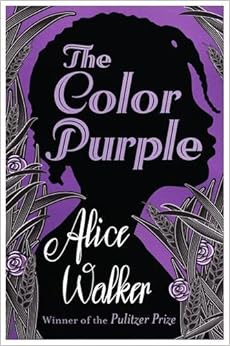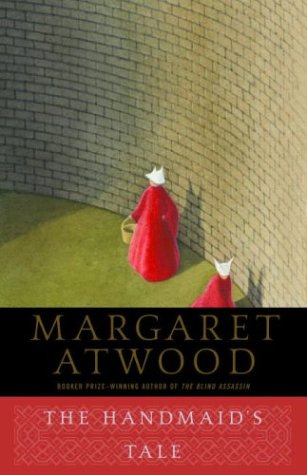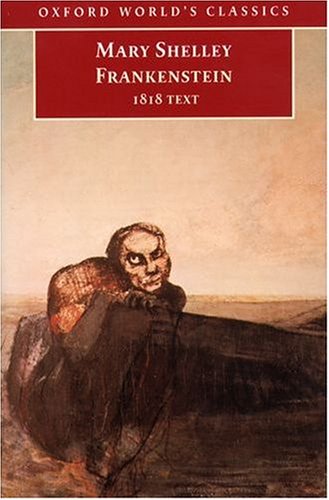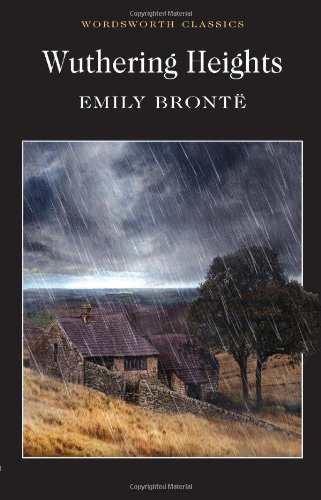Everybody is an ideologue. Some just understand better the school of though that generates their opinions. People who think are neutral are just slaves of some dead thinker.
"The very possibility of historical scholarship as an enterprise distinct from propaganda requires of its practitioners that vital minimum of ascetic self-discipline that enables a person to do such things as abandon wishful thinking, assimilate bad news, discard pleasing interpretations that cannot pass elementary tests of evidence and logic, and most important of all, suspend or bracket one's own perceptions long enough to enter sympathetically into the alien and possibly repugnant perspectives of rival thinkers." - Objectivity is not Neutrality: Rhetoric vs. Practice in Peter Novick's That Noble Dream
By way of example, here's what I mean by not being an ideologue:
Originally Posted by Guaporense
[Hayek] might have gone a little too far in his expectations regarding how the growth of the welfare state might spiral out of control and become a totalitarian dictatorship, which in the end would destroy the fundamental institutions of society leading to the collapse of civilization: countries like Sweden have a huge welfare state and government expenditures of 40% of GDP or more but they appear to work quite nicely and be very stable democracies.
Having re-read your last post a couple times now, my opinion has changed somewhat, but I'm still a bit confused by your terminology and rhetorical style (the fuzzy, politically-loaded modern use of terms like "liberalism" and "socialism" doesn't help either). In your last reply to PG you were careful to distinguish "socialism" - which advocates "high levels of government control" - from just any level of control, and it seems from the above that you might also distinguish various cases of "social democracy". I wonder if you're not shifting the line somewhat though, when you say socialism is "the dominant ideology of academia". When you make this statement in terms of ideological purity (enemies, those menacing tentacles) you blur the distinction between "socialist" and "socialist influence" that you claim is essential to understanding you correctly.
Last edited by linespalsy; 08-01-15 at 02:47 PM.








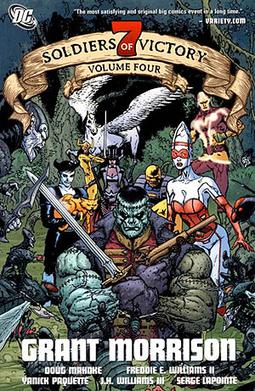

 .
. 
